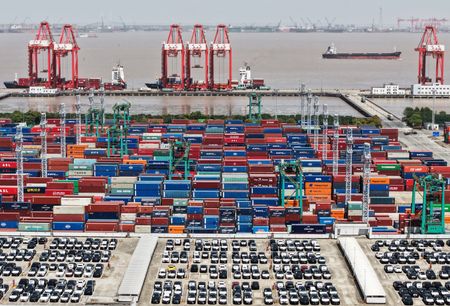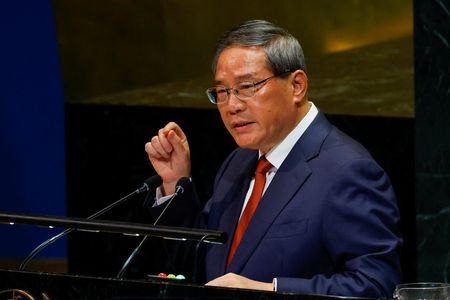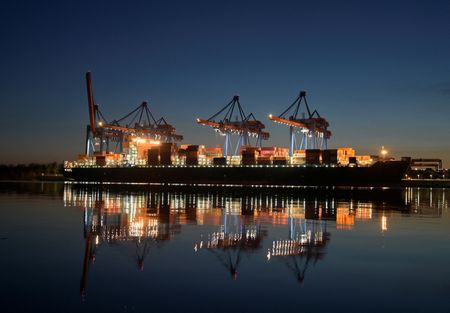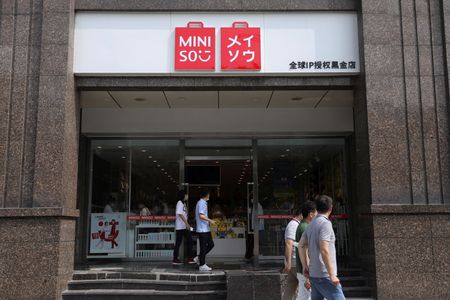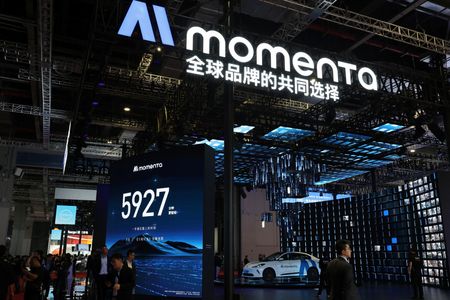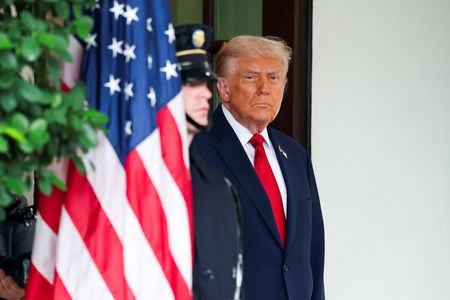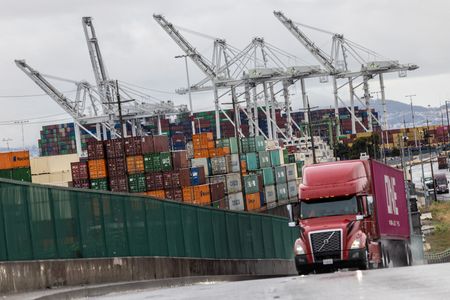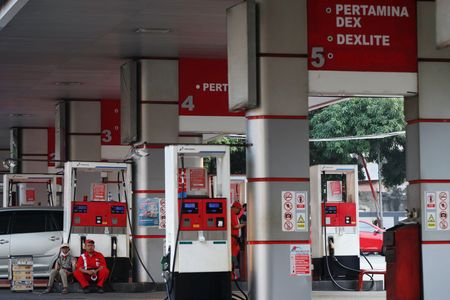BEIJING (Reuters) -China will require export licences for electric cars from next year, the commerce ministry said on Friday, as it moves to curtail unfair competition from unregulated traders and safeguard the reputation of Chinese auto brands overseas.
Sellers of EVs will be required to follow existing rules that permit only automakers and their authorised companies to apply for export licenses. Gasoline vehicles and hybrids are already subject to licence management under the current framework.
Wu Songquan, director of the policy research office at the China Automotive Technology Research Center, cited concerns over unauthorised exporters shipping EVs to overseas markets where after-sales services are not established, damaging the user experience and reputation of Chinese brands.
It also leads to price wars in those markets and thin profits, Wu added.
“Just as major international brands have earned global trust through high quality, Chinese automakers should establish standardised processes and achieve high-quality exports in their independent operations,” Wu wrote in an article.
China’s local governments have supported the thousands of traders emerging since 2019 which ship new cars overseas as “used”. The practice helped to absorb excess car supplies in China and artificially inflated local GDP statistics, Reuters reported previously.
Zhu Huarong, chairman of Chinese state-owned automaker Changan, urged stricter measures against these “used car” exports during a June auto conference, warning that the practice could “enormously damage Chinese brands” in overseas markets.
China’s electric car exports totalled 1.65 million units last year, nearly double the number in 2022.
(Reporting by Beijing and Shanghai newsroom. Editing by Jane Merriman, Kirsten Donovan)

